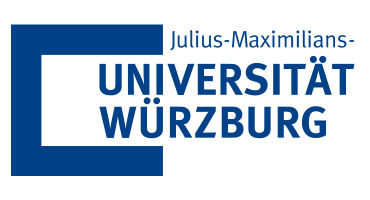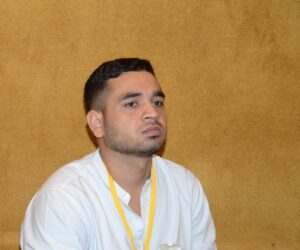JMU
JULIUS-MAXIMILIANS-UNIVERSITAT WURZBURG
Institut für Geographie und Geologie, Am Hubland, 97074 Würzburg, Germany

The JMU is a university with international reputation and well-known for delivering excellent research with global impact. It is home to many outstanding researchers from various fields and is commited to deliver reserach excellence along with high quality teaching. The University of Würzburg enjoys a long tradition in research and education, being founded in 1402 and 1582, respectively. It is among the larger universities in Germany with more than 29,000 students, 435 professors and 249 degree courses. The 10 faculties offer a broad spectrum of courses and are characterized by manifold, partly multidisciplinary research activities across all traditional fields of science, except for engineering sciences.
The JMU is part of the Work-Pacakge ‘ WP 2: Water Availability Assessment under Present Conditions, Climate Change Projections and Future Allocation Strategies’.

We are deidcated to providing high-quality high-resolution climatic and meterorological boundry conditions for all purposes required in the We-Act project.


We are deidcated to providing high-quality high-resolution climatic and meterorological boundry conditions for all purposes required in the We-Act project.




